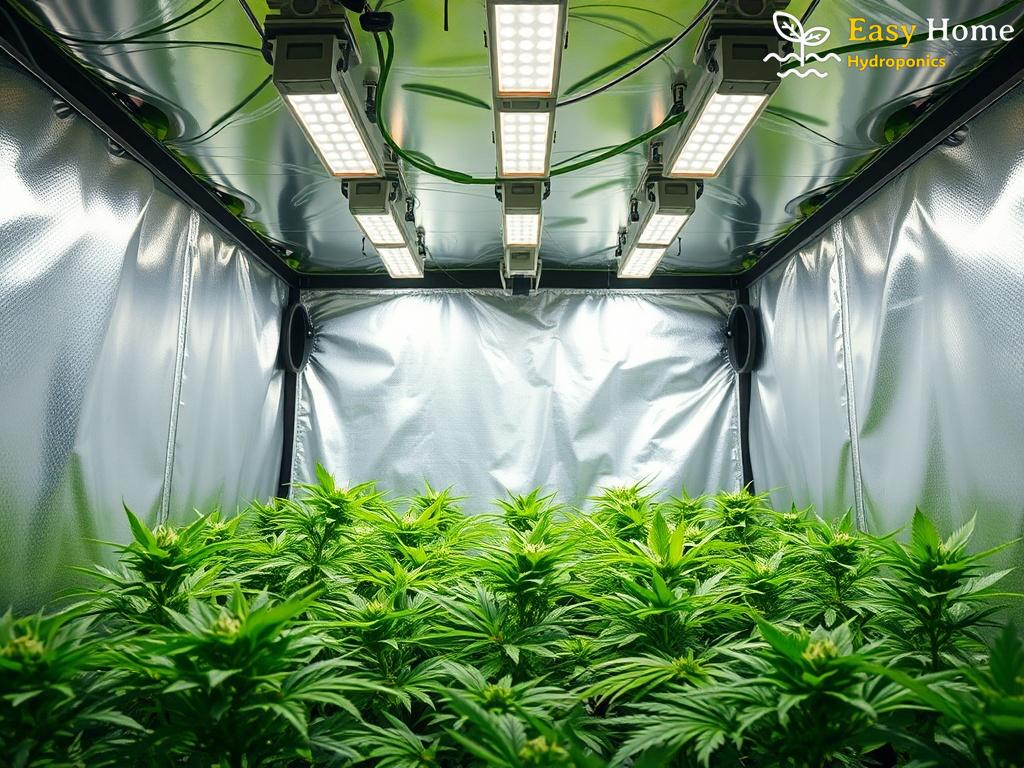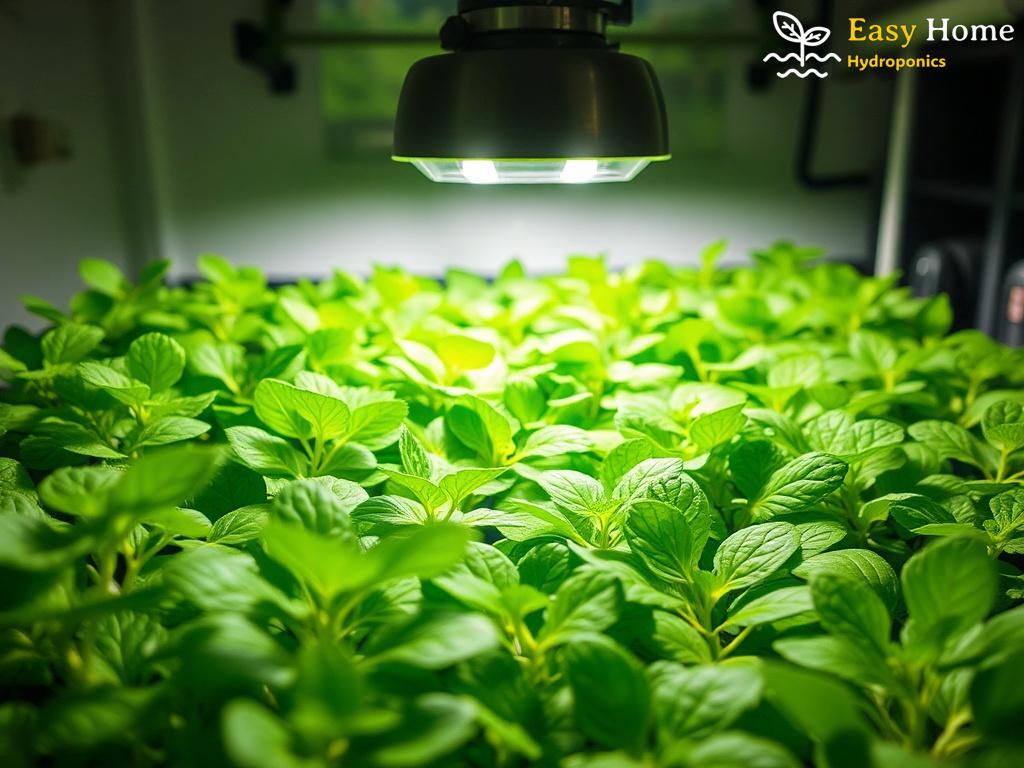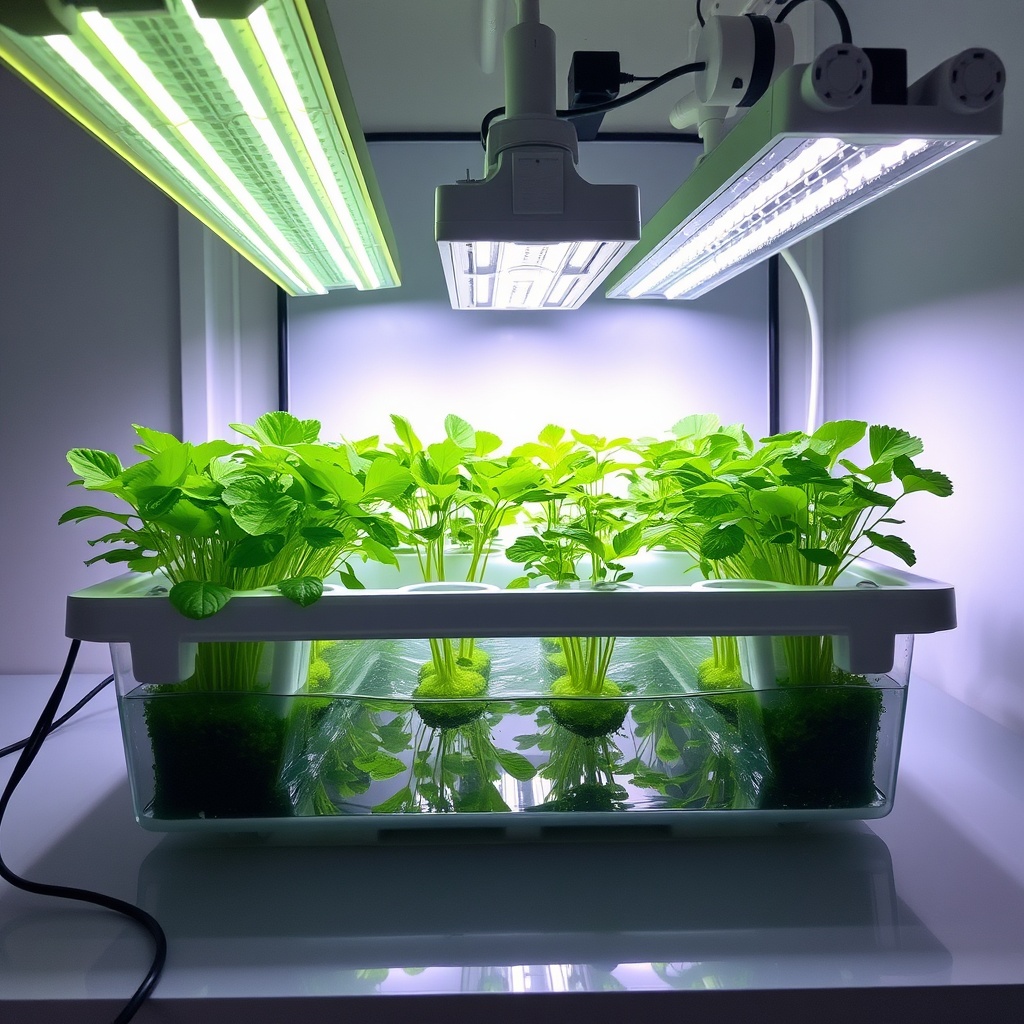Light pollution is a pervasive environmental issue that not only disrupts natural ecosystems but also affects our quality of life. As urban areas expand, artificial lighting becomes brighter and more prevalent, leading to significant consequences for wildlife and human health alike. This article explores various strategies to mitigate light pollution’s impact on your home and garden, ensuring a harmonious balance between human habitation and nature.
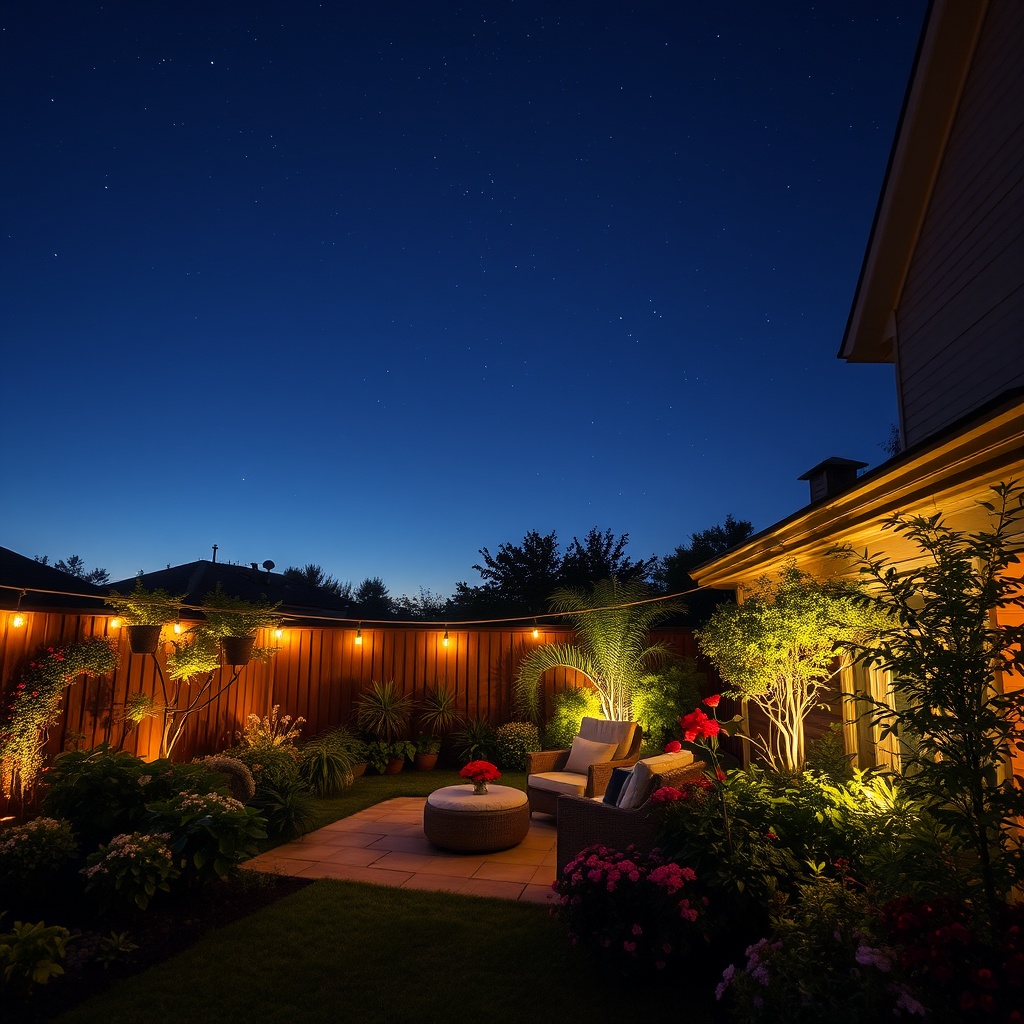
Creating a darker environment in and around your home can greatly reduce light pollution. Implementing thoughtful lighting strategies can diminish the effects of artificial light while enhancing the ambiance of your living space. Here are some effective methods to consider:
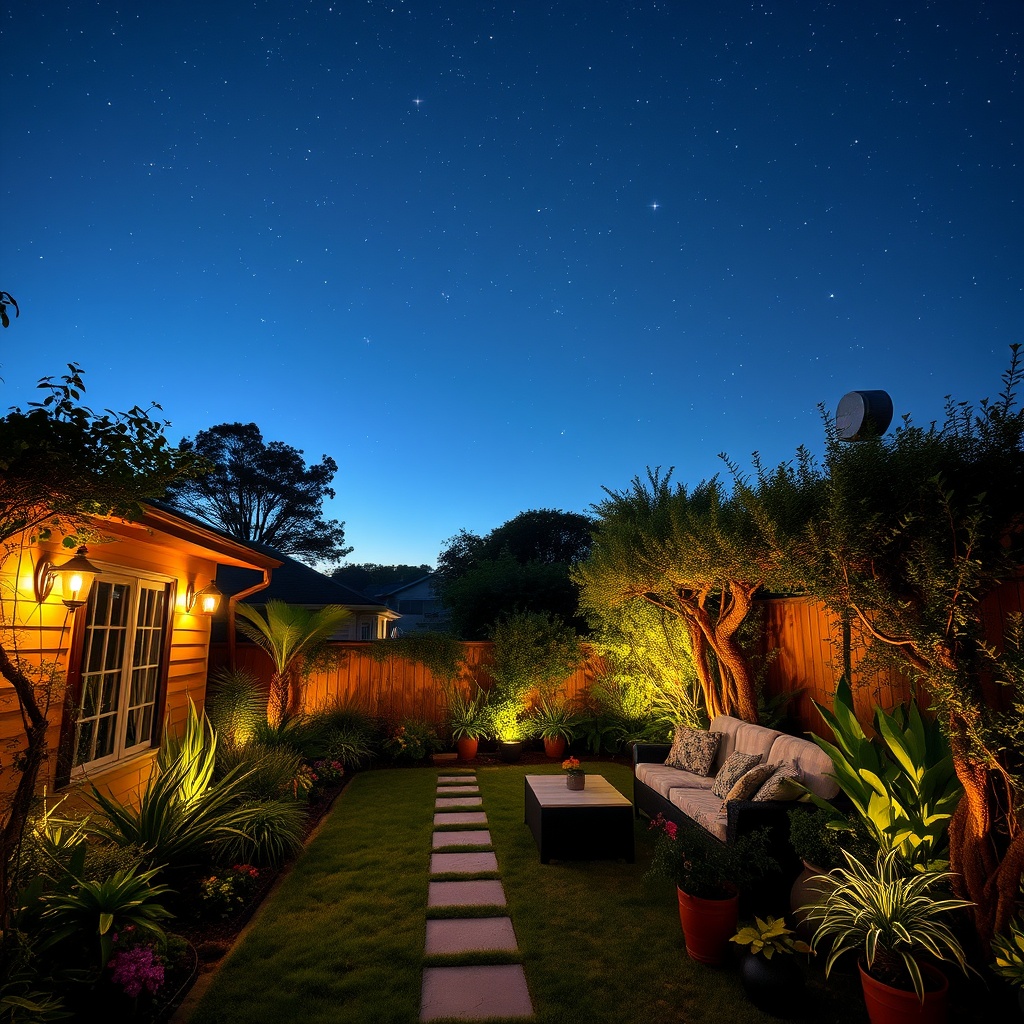
- Use Shielded Fixtures: Opt for outdoor lighting that is shielded and directed downward to minimize light spillage.
- Install Motion Sensors: Utilize motion-activated lights to ensure illumination occurs only when necessary.
- Choose Warm Bulbs: Select bulbs that emit a warmer spectrum of light, which is less disruptive to nocturnal wildlife.
Your garden is a sanctuary that can thrive even with minimal artificial light. By making conscious design choices, you can create a nighttime environment that supports both plant growth and wildlife. The following tips can help you achieve a garden that minimizes light pollution:
- Incorporate Native Plants: Native flora is adapted to local light conditions and can thrive without excessive artificial lighting.
- Utilize Natural Barriers: Plant trees and shrubs to block artificial light from neighboring properties.
- Implement Low-Intensity Lighting: If lighting is necessary, use low-intensity solar lights that blend into the natural environment.


